Delegate Tran Tuan Anh (HCMC delegation) asked: Interest rates in major countries tend to decrease, strong currencies tend to increase, putting pressure on the exchange rate of Vietnamese currency; thereby putting pressure on the prices of imported goods into Vietnam and increasing costs. The delegate asked the Governor of the State Bank (SBV) to provide solutions to stabilize the foreign exchange market, especially the exchange rate. At the same time, he pointed out solutions to continue reducing interest rates so that businesses and people can easily access credit sources.
Responding to questions from delegates, Governor of the State Bank of Vietnam Nguyen Thi Hong said that currently, the developments in the currency market have been very complicated. In the past, interest rates increased, but now, the Fed and some central banks in the world are in a cycle of loosening monetary policy and some central banks have reduced interest rates.
The USD fluctuates complicatedly, sometimes falling sharply but then increasing in the third quarter, and is currently fluctuating at a high level. The State Bank of Vietnam (SBV) believes that these developments have a strong impact on the domestic currency and foreign exchange market. In this context, stabilizing the foreign exchange market and domestic exchange rates is difficult, depending largely on real supply and demand, that is, the supply and demand for foreign currency spent on the economy and the revenues obtained.
However, the foreign exchange market in Vietnam is still in a state of urbanization, so it is still affected by psychological factors and expectations. This factor affects individuals and organizations that hold foreign currency, but do not want to sell it, and buy it when they do not need it, creating challenges for the management of the State Bank.
" Reducing interest rates will affect the exchange rate. Therefore, in recent times, the State Bank has had to balance between reducing interest rates to support people and managing the exchange rate. If interest rates are reduced too much, the exchange rate will increase and may lead to negative psychological factors for investors, especially foreign investors, " said the Governor.
Therefore, according to Ms. Hong, the State Bank's viewpoint is to stick to the statutory target, contributing to controlling inflation and stabilizing the Vietnamese Dong. Managing exchange rates and foreign exchange in a direction that is suitable to the flexible developments of the market within a margin of +-5%.
" We always closely monitor developments. In case the exchange rate fluctuates too much, the State Bank will promptly intervene and sell foreign currency to promptly meet the import needs of the people. Besides, because this is a market affected by expectations, the State Bank will focus on communication work so that businesses and people clearly understand the policy orientation, " Ms. Hong emphasized.
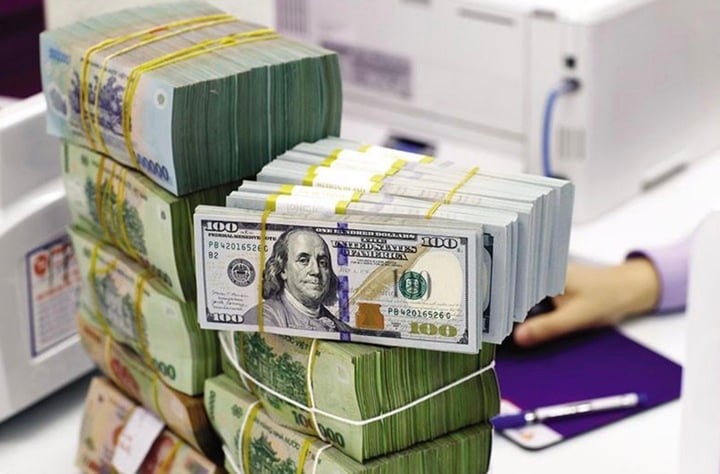
The Governor affirmed that in case the exchange rate fluctuates too much, the State Bank will promptly intervene and sell foreign currency to promptly meet the import needs of the people. (Illustration photo: VnEconomy)
Bad debt tends to increase
At the question and answer session this morning, delegate Tran Hong Nguyen ( Binh Thuan ) asked about the difficulties in managing monetary policy if the bad debt problem is not resolved. “ If the bad debt problem is not resolved, what difficulties will the monetary policy management encounter and what specific solutions does the Governor of the State Bank have when this situation occurs? ”, the delegate asked.
Governor Nguyen Thi Hong said that recently, the bad debt situation has tended to increase. According to data from the State Bank of Vietnam, as of the end of September, the bad debt ratio on the balance sheet was at 4.55% - almost equal to the end of 2023, an increase compared to 2022. This is a reality due to the impact of the COVID-19 pandemic, which has seriously affected all aspects of life and society. Businesses and people are facing difficulties, and reduced income leads to more difficult debt repayment.
To control bad debt, the Governor said, the State Bank also proposed a number of solutions. Specifically, for credit institutions, when lending, it is necessary to carefully assess and evaluate the borrower's ability to repay the debt, ensuring control of newly arising bad debt.
As for existing bad debts, it is necessary to actively handle bad debts through urging customers to pay debts, collecting debts, and selling bad debt assets. The State Bank also has a legal framework for debt trading companies to participate in handling bad debts.
" In the case of high bad debt, the State Bank will implement synchronous measures to resolve difficulties, both reducing the lending interest rate level and directing credit institutions to strive to reduce operating costs to continue reducing lending interest rates for businesses and people. During the difficult economic period, the system of credit institutions has devoted its financial resources to reduce many interest rates for customers, " said Ms. Hong.
During the question and answer session this morning, the Governor also received a question from delegate Huynh Thi Phuc (Ba Ria - Vung Tau delegation) wondering about solutions to handle the problem of bubble risks in the real estate sector.
According to the Governor, the current outstanding credit balance for real estate is about 20-21% of the total outstanding debt of the economy. Which sector and what ratio credit institutions provide, depends entirely on the decision of the credit institutions, depending on the capital they mobilize.
Governor Nguyen Thi Hong said that 80% of deposits in Vietnam are short-term, so the ability to continue lending in the real estate market also needs to ensure the principle for people to withdraw money; the State Bank has no regulations prohibiting real estate lending.
Why 0% interest rate on USD?
Regarding the issue of capital mobilization from remittances, delegate Pham Van Hoa (Dong Thap delegation) questioned that, according to data from 1993 to 2023, the amount of remittances to Vietnam is very large, up to 206 billion US dollars. However, banks do not actively mobilize this capital source, but only pay 0% interest. Meanwhile, the State borrows ODA at higher interest rates. The delegate suggested that banks should mobilize capital from remittances at lower interest rates than foreign loans, to motivate people to send money back to Vietnam.
Responding to the reason for applying 0% interest rate on USD, Governor Nguyen Thi Hong said that we have a policy to limit dollarization, because when mobilizing foreign currency from people, credit institutions will face exchange rate risks. Therefore, we must make it possible for businesses and people with foreign currency to convert into VND to invest in production and business. Regarding this, the State Bank has had a very synchronous policy from 2016 to present.
Source: https://vtcnews.vn/thong-doc-nhnn-giam-lai-suat-qua-nhieu-se-lam-tang-ty-gia-ar906687.html


![[Photo] Binh Trieu 1 Bridge has been completed, raised by 1.1m, and will open to traffic at the end of November.](https://vphoto.vietnam.vn/thumb/1200x675/vietnam/resource/IMAGE/2025/10/2/a6549e2a3b5848a1ba76a1ded6141fae)










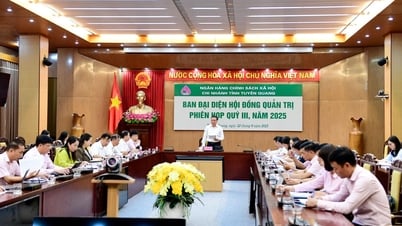







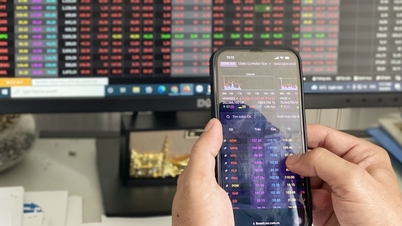




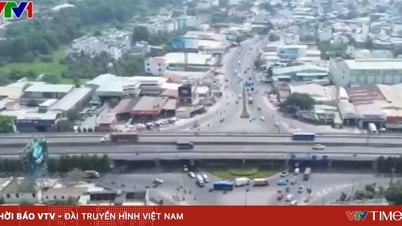







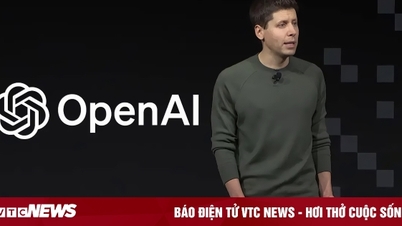





































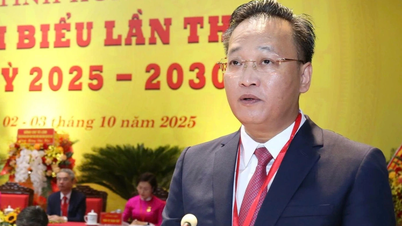
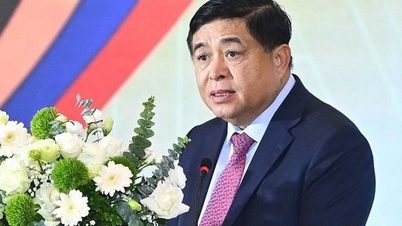











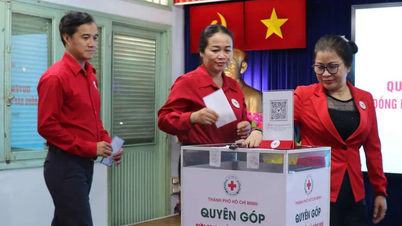

















Comment (0)